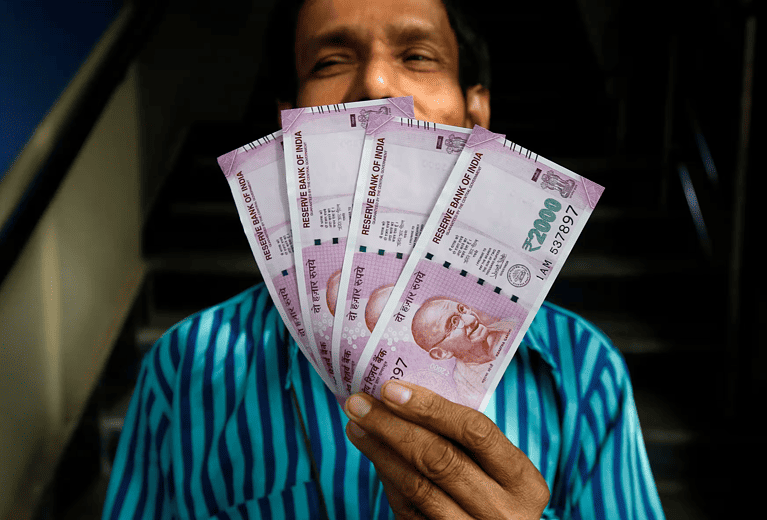
In India, the credit score ranges from 300 to 900, with a score of 750 or above generally considered to be a good credit score. This is because a higher credit score indicates to lenders that you are a low-risk borrower who is more likely to repay any debts on time.
However, different lenders may have their own credit score requirements, so it’s always a good idea to check with your lender directly to understand what they consider to be a good credit score for their specific loan or credit product.
Credit scores are calculated by credit bureaus like CIBIL, Experian, Equifax, and CRIF High Mark, based on your credit history and other factors such as repayment behavior, credit utilization, length of credit history, and types of credit accounts.
A credit score of 750 or above is generally considered to be good, while a score below 600 is considered to be poor. If your credit score falls in the range of 600-750, you may still be able to get credit, but you may be offered higher interest rates and less favorable terms than someone with a higher credit score.
Having a good credit score is important if you want to be approved for loans or credit cards at favorable interest rates and terms. It’s also important if you want to rent an apartment or apply for a job, as some landlords and employers may check your credit score as part of the application process.
To maintain a good credit score, it’s important to make all your payments on time and keep your credit utilization low (i.e., don’t use too much of your available credit). You should also monitor your credit report regularly to ensure that all the information is accurate and up-to-date. If you spot any errors or inaccuracies, you should report them to the credit bureau so they can be corrected.
Some tips on how to improve your credit score in India:
- Pay your bills on time: One of the most important factors that affects your credit score is your repayment history. Make sure you pay all your bills on time, including credit card bills, loan EMIs, and utility bills.
- Keep your credit utilization low: Your credit utilization ratio is the amount of credit you’re using compared to your total credit limit. Try to keep your credit utilization ratio below 30% to maintain a good credit score.
- Maintain a good credit history: Lenders prefer borrowers who have a long credit history with a mix of credit accounts, such as credit cards, personal loans, and home loans. Don’t close your old credit card accounts as this can shorten your credit history and lower your credit score.
- Check your credit report: Regularly check your credit report to ensure that all the information is accurate and up-to-date. If you spot any errors or inaccuracies, you should report them to the credit bureau so they can be corrected.
- Don’t apply for too much credit at once: Applying for multiple credit cards or loans at once can make you appear credit hungry, which can lower your credit score. Only apply for credit when you really need it.
- Manage your debt: Try to pay off your debts as soon as possible to improve your credit score. You can also consider consolidating your debts into a single loan with a lower interest rate.
Remember that improving your credit score takes time and effort. It’s important to be patient and consistent in your efforts to maintain a good credit score.
For more details visit contact us at contact@finviseindia.com or visit our websites:
www.finviseindia.com
www.fvindia.com







